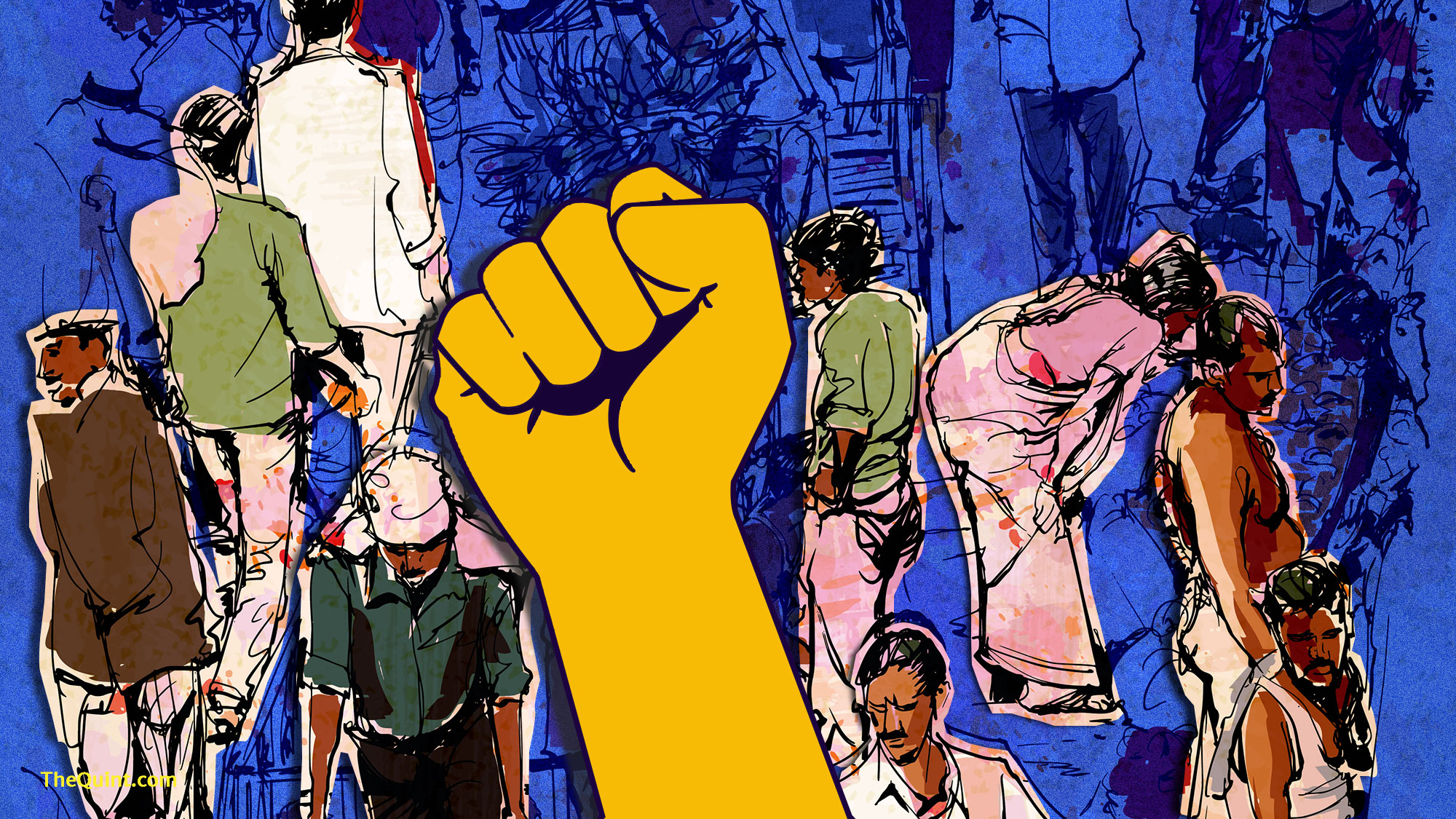Importance of Maharashtra’s Social Boycott Act
Introduction The Maharashtra Prohibition of People from Social Boycott (Prevention, Prohibition and Redressal) Act (2016), which received presidential assent last month, is an acknowledgement of a basic principle of citizenship and justice: The social contract in a modern democracy is between the state and the citizen, and crime and punishment must be defined between these two parties. Points… Read More »

Introduction
The Maharashtra Prohibition of People from Social Boycott (Prevention, Prohibition and Redressal) Act (2016), which received presidential assent last month, is an acknowledgement of a basic principle of citizenship and justice: The social contract in a modern democracy is between the state and the citizen, and crime and punishment must be defined between these two parties.
Points to be Noted
- The Social Boycott Act was brought in response to sustained movements provoked by atrocities against individuals by “gaviks” or caste panchayats in Maharashtra.
- Caste panchayats: Casteist, undemocratic, feudal and patriarchic. Ambedkar calls them as “den of atrocities”. They follow rule of thumb not rule of law.
- The law asserts the freedom of the individual over the social group they belong to.
- The Act lists over a dozen types of actions that may amount to ‘social boycott’, which has been made a criminal offence punishable with imprisonment up to three years or a fine of Rs. 1 lakh or both.
- The practices it prohibits range from preventing the performance of a social or religious custom, denial of the right to perform funerals or marriages, cutting off someone’s social or commercial ties to preventing access to educational or medical institutions or community halls and public facilities, or any form of social ostracism on any ground.
- It even makes it an offence to create cultural obstacles by forcing people to wear a particular type of clothing or use a particular language.
- Caste panchayats in Maharashtra have wielded extra-judicial authority and Indian citizens have been ostracised, even killed by “community” actors despite breaking no laws.
- It needs to politically address the climate of prejudice and intolerance that forms the backdrop of a community justice that encourages vigilantism and exclusion.
Analysis By – Wakeman Neutron


